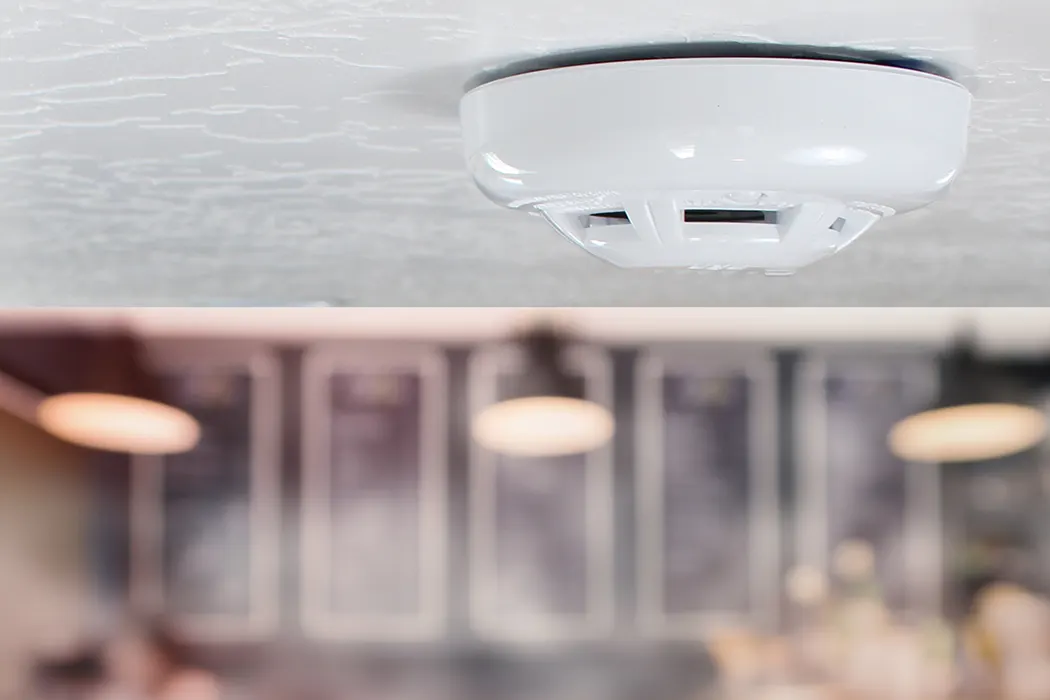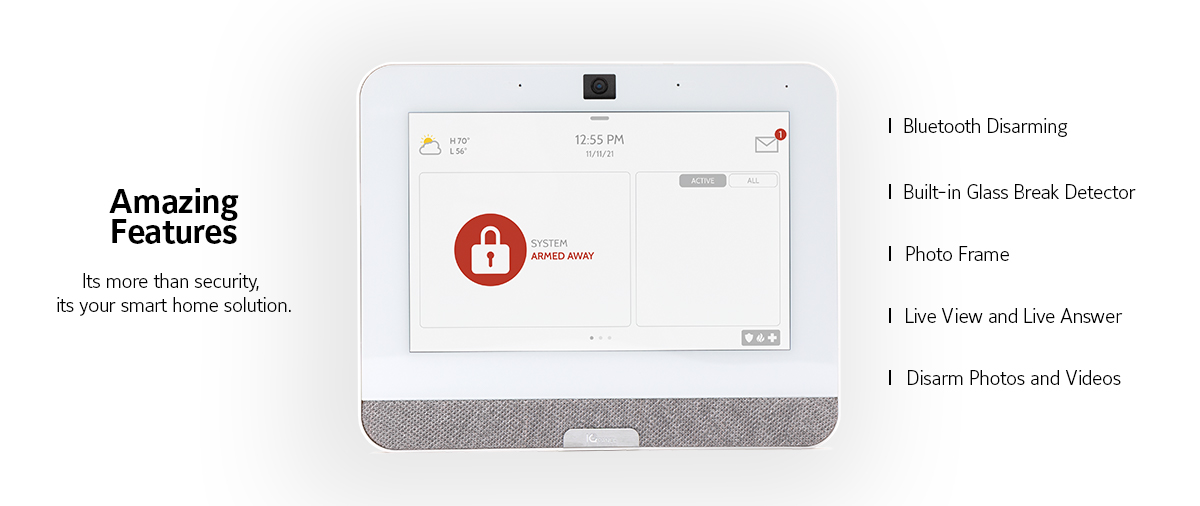
Carbon Monoxide vs. Natural Gas Leaks: What Every Homeowner Needs to Know
When it comes to heating and powering your home, most families rely on either electricity or natural gas. Natural gas is often preferred because it’s generally cheaper than electricity, heats faster, and is considered more eco-friendly. However, it comes with serious risks. If a gas-powered appliance is installed incorrectly, poorly maintained, or fails, it can create a natural gas leak—a danger that can quickly turn deadly if left undetected.
Both carbon monoxide (CO) leaks and natural gas leaks threaten your home’s safety, but they present different risks and require different detection methods. Understanding the difference is critical to keeping your family safe.
What Is Carbon Monoxide?
Carbon monoxide is a colorless, odorless gas created as a byproduct of incomplete combustion. It can enter your home through:
-
A faulty furnace or boiler
-
A malfunctioning gas dryer
-
A clogged chimney or vent from a fireplace
-
Any poorly ventilated, fuel-burning appliance
Carbon monoxide is dangerous because:
-
It can suffocate you – CO binds to your red blood cells, replacing oxygen and leading to dizziness, confusion, unconsciousness, or even death.
-
It can combust – if concentrated, CO can also be a fire risk.
Because it’s undetectable without equipment, carbon monoxide detectors are essential in every home. Ideally, you should have one on every level of your house, near sleeping areas, and close to fuel-burning appliances.
What Is Natural Gas?
Natural gas is a fuel, not a byproduct. It leaks into a home when:
-
A gas stove or furnace malfunctions
-
A gas line becomes damaged or corroded
-
An appliance is not properly connected
Unlike carbon monoxide, natural gas is highly flammable. Even a small leak can lead to a devastating fire or explosion.
Thankfully, natural gas is easier to detect because utilities add a chemical odorant called mercaptan, which smells like rotten eggs. Other warning signs include:
-
A hissing or whistling sound near appliances or gas lines
-
Dead or dying plants near gas pipelines
-
Headaches, nausea, or fatigue when inside the home
Does a Carbon Monoxide Detector Detect Natural Gas?
No. Carbon monoxide detectors will not detect natural gas leaks. They are designed to monitor only CO levels. Similarly, smoke detectors typically detect fire and sometimes carbon monoxide, but not natural gas.
If you use natural gas appliances, you should install a combination carbon monoxide and natural gas detector or a separate natural gas detector for full protection.
Types of Natural Gas Leak Detectors
When building your home’s safety system, you have several options:
1. Battery-Powered Natural Gas Detectors
Easy to use and portable. Indicator lights alert you to a gas leak anywhere in the home.
2. Plug-In Natural Gas Detectors
Plug directly into outlets and provide continuous monitoring. Many models include backup batteries in case of power outages.
3. Spray-On Gas Leak Detection Solution
An inexpensive option for spot-checking. Spray onto a pipe or joint—if bubbles form, gas is leaking.
Protecting Your Home and Family
Both carbon monoxide and natural gas leaks are serious hazards that can cause illness, fire, or death. The best way to protect your home is with a professionally monitored life safety system.
At St. Louis Alarm Company, we install and monitor:
-
Carbon monoxide detectors
-
Natural gas detectors
-
Smoke and heat detectors
-
Smart security systems with 24/7 monitoring
Our systems provide instant alerts to your phone and our monitoring center, ensuring emergency services are dispatched immediately if a dangerous leak is detected.
Don’t Take Chances With Hidden Dangers
Carbon monoxide is invisible. Natural gas is explosive. Together, they pose some of the most dangerous threats a home can face. Protect your family with the right detectors and professional monitoring.
📞 Call St. Louis Alarm Company today at 636-942-5276 or visit www.stlalarmco.com to schedule your free consultation.




